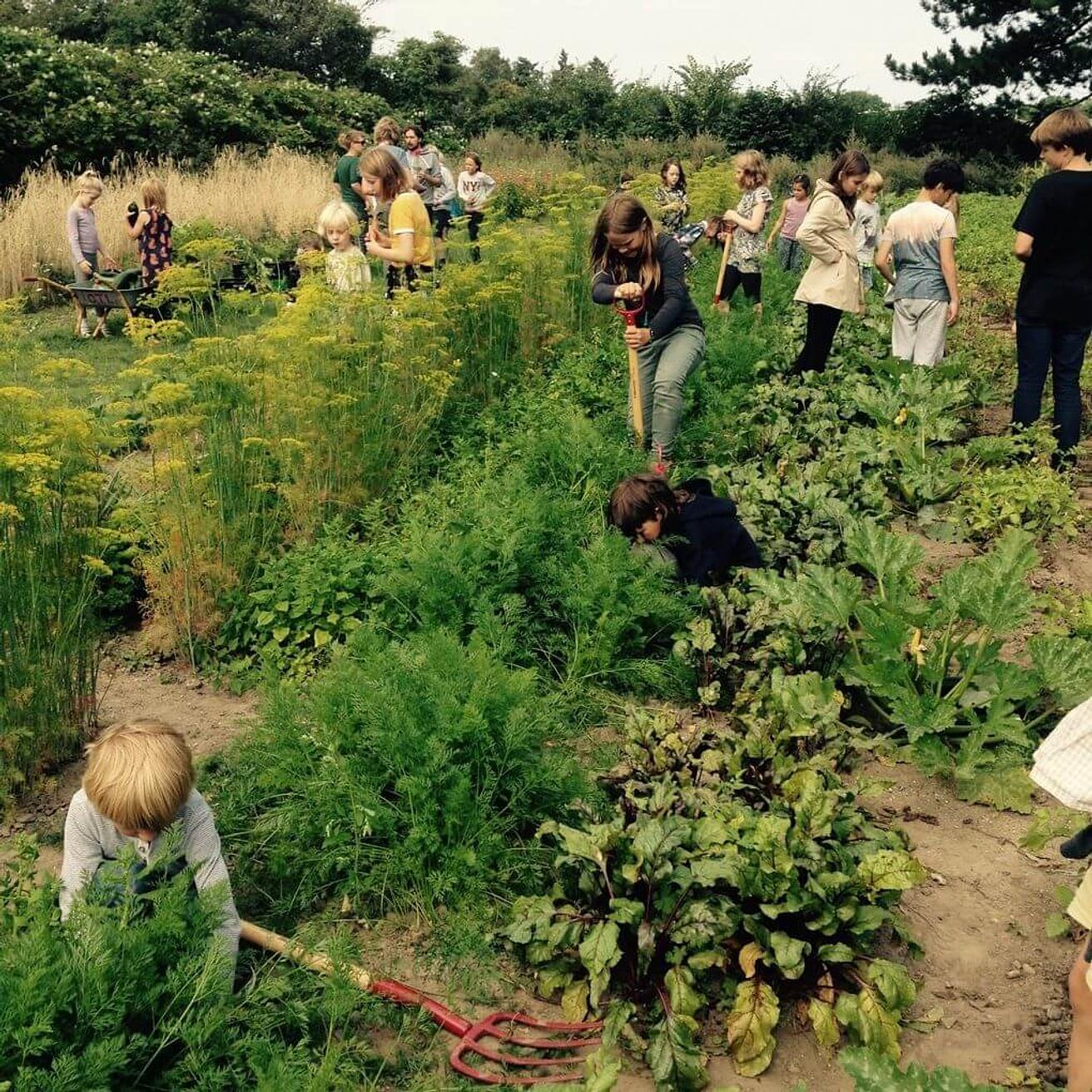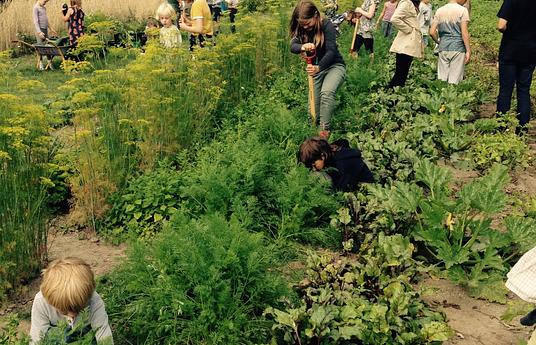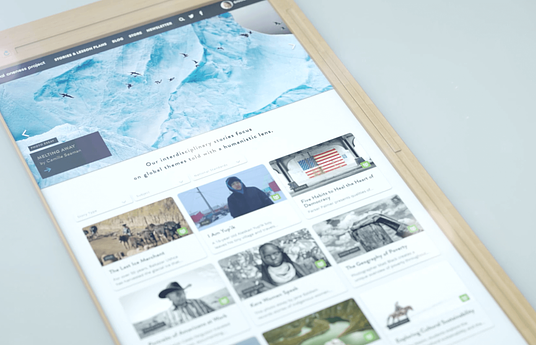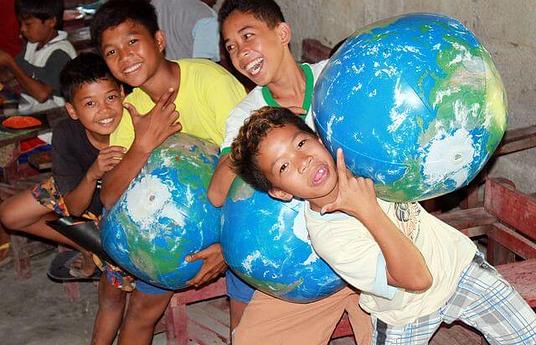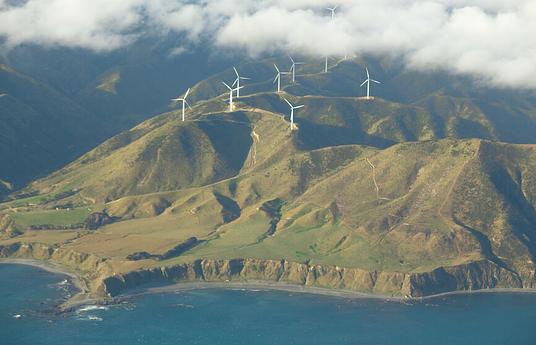Last week a group of passionate educators and innovators joined a group call on the theme of sustainability in education – a brilliant start to what will be a series of monthly talks covering a broad spectrum of education-related themes.
This month’s thematic talk was hosted by Randi Kearney, HundrED Ambassador and Manager of the Early Childhood Program at MUSE School, California. MUSE is a school where sustainability is infused into daily life. All students follow a sustainability curriculum that centers around food, energy, and water. Putting sustainable theory into action, the school canteen is entirely plant-based, too!
HundrED is thrilled to be partnering with MUSE to carry out a Sustainability Spotlight, highlighting 10 inspiring innovations that are either helping to educate for sustainability or improving sustainability at a school or district level. The chosen innovations will be announced in November 2018 at the Sustainability Summit in Calabasas and will be featured in the Sustainability in Education Report.
“It’s all about getting the word out there”, Natalie Day, the Researcher leading on the Sustainability Spotlight, explained in the call, “There are people out there who want to implement something but don’t know how, so it’s about getting inspired by what some have already done. It’s all about getting innovative practice out there.”
While sustainability and environmental education are more important than ever, it seems to have dropped from the radar in many schools and there are multiple barriers to making sustainability, and education for and about the environment, a feature of traditional schooling. “It’s a very big ask, there’s a lot of barriers, like funding… Thank goodness for innovators out there who are pushing limits, pushing barriers and looking at other ways we can achieve this,” said Natalie.
As the saying goes, actions speak louder than words, so it’s imperative that curriculum and teaching is complemented with real-life action on sustainability. Karen Maclean, co-founder of Den Grønne Friskole in Denmark joined the thematic talk to share her experience in sustainable schooling. When Maclean and co-founder Phie Ambo couldn’t find a school that could prepare their daughters to live in a sustainable way, they decided to set up their own. They created a Transition school to equip their children to take charge of their lives and help the planet, whilst also making the world more equitable, sustainable and safe for everybody, including the animals and plants we share the planet with.
“What we work on is not just the content itself, but the framework that makes our children better equipped to transition the world to be more equitable and sustainable. What we want to do at our school is create children who are more comfortable with change and challenges, children who can take charge in their local area, or even be leaders in areas where a leader is missing… we want to bring kids up to not wait for someone else to come up with a solution, but simply start working on solutions as soon as possible”.
Cleary Vaughan-Lee is the Executive Director of The Global Oneness Project, a multimedia education platform committed to storytelling and the exploration of global cultures, documenting social, cultural and environmental issues. Vaughan-Lee shared how this innovation, selected as a HundrED Global Innovation 2018, helps students connect with vast topics like sustainability.
“Climate change and sustainability can be very elusive and very big topics, so how can we make it relatable to students?”, she began. “What we try to do is bring out those issues. I like to talk about environmental but also cultural sustainability, how are the choices we make related to environmental sustainability? It’s all connected.” The Global Oneness Project uses stunning films and photo essays to allow students to make connections between issues affecting people around the world. These resources, accompanied with tailored lesson plans, act as a jumping off point to dive deeper into huge topics like climate change and environmental justice.
We would like to extend our thanks to Randi Kearney, Cleary Vaughan-Lee, Karen MacLean and ambassador coordinators Marcus Sheehan and Jordy AC for making the first thematic talk possible. Thank you to all participants for joining and making the talk an enriching experience. If you’d like to hear more about sustainability in education, click the link below to watch the thematic talk in full.
The next thematic talk will take place in June and will be on the theme of inclusion. Everyone is welcome to take part and more information, including details on how to sign up, will be following shortly.
